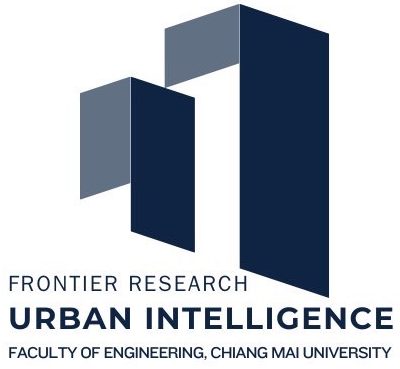
Urban areas represent spaces of profound significance to individuals, families, societies, nations, and the global community. Cities function as epicenters for human aggregation, facilitating a wide spectrum of life activities, including habitation, education, employment, social interaction, and recreation. As centers of diverse activities driven by economic development, cities inevitably become characterized by high population density, concentrated infrastructure, and extensive vehicular presence. This density, however, exacerbates the vulnerability of urban areas to various issues, particularly in the context of environmental shifts and disasters, which tend to exert more pronounced and severe impacts on urban regions compared to non-urban areas.
In the contemporary context, environmental changes, notably those driven by climate change, significantly affect urban living conditions. Illustrative examples of such urban challenges include the urban heat island phenomenon, issues related to water management, and concerns regarding air quality. These challenges consistently serve as focal points for academic research and discourse on urban sustainability.
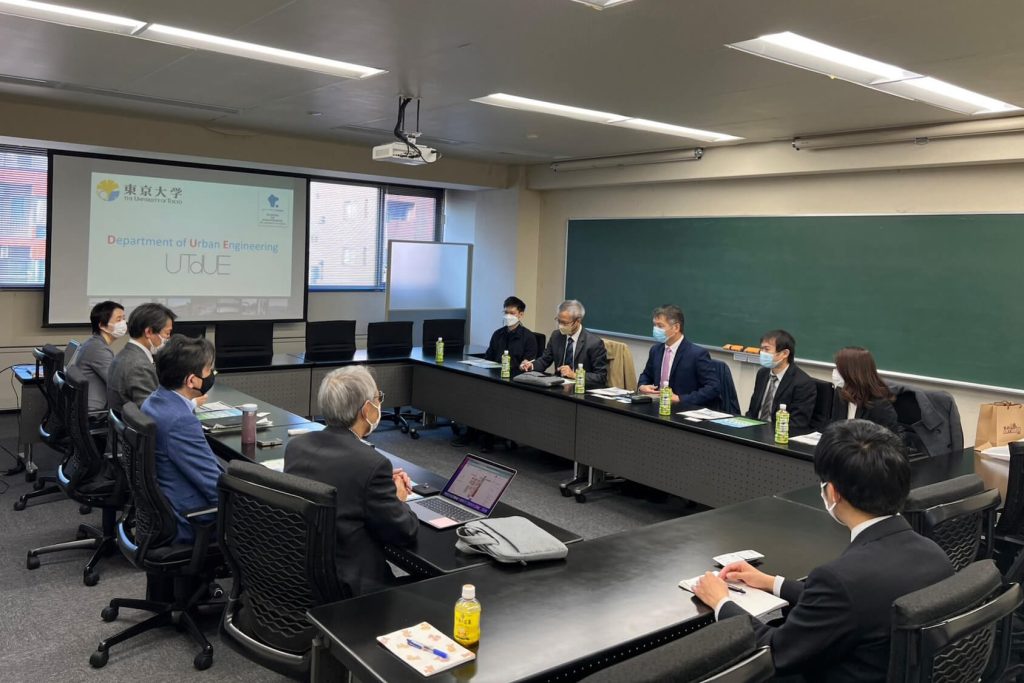
Efforts to cultivate cities that are livable, sustainable, and resilient to change—grounded in the principles of urban informatics and systematic urban management—constitute an emerging body of knowledge. Such endeavors align with several Sustainable Development Goals (SDGs), specifically SDG 6: Clean Water and Sanitation, SDG 11: Sustainable Cities and Communities, and SDG 13: Climate Action. Achieving these objectives necessitates integrated research approaches aimed at generating comprehensive knowledge to inform the design, planning, prevention, and management of urban areas, tailored to the specificities of each locale. This integrated research approach is fundamental to fostering systematic collaboration among research entities.
In this regard, the Faculty of Engineering at Chiang Mai University has actively engaged in collaborations with leading global academic institutions that specialize in urban development research and education. Notable partnerships include those with the Department of Urban Engineering, Graduate School of Engineering, The University of Tokyo, and the Department of Civil Engineering, National Taiwan University. Faculty members and researchers from Chiang Mai University have undertaken visits to the University of Tokyo as part of the ‘One Faculty One MOU (OFOM)’ initiative, aimed at advancing research collaborations, academic exchange, and student mobility programs.
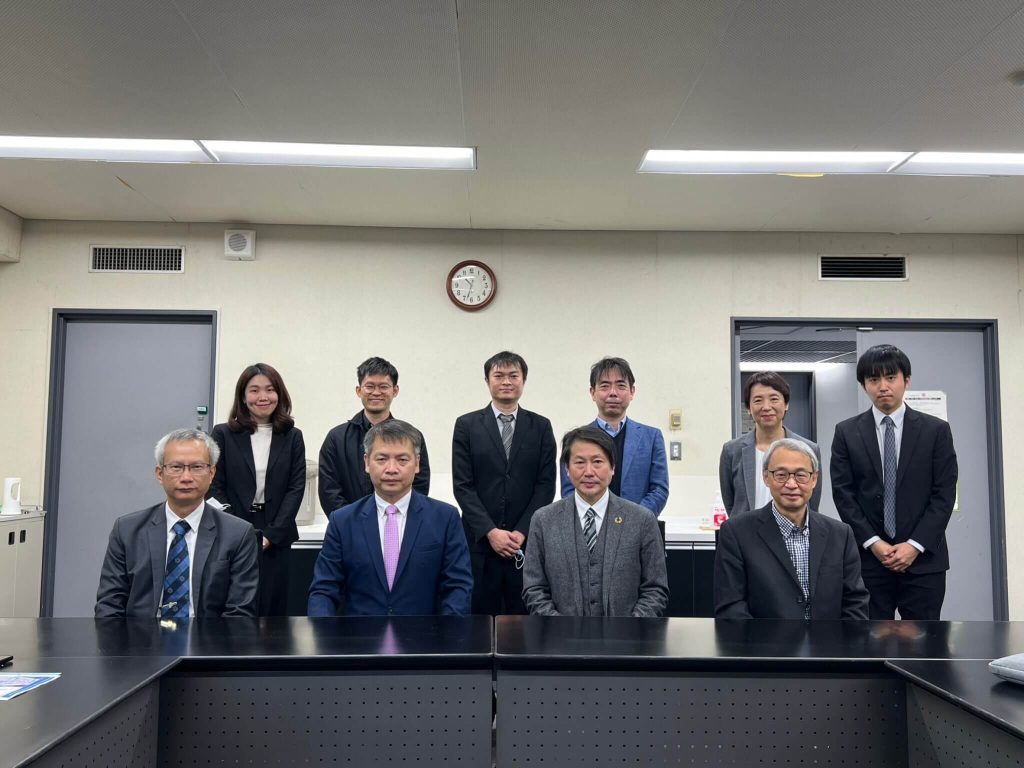
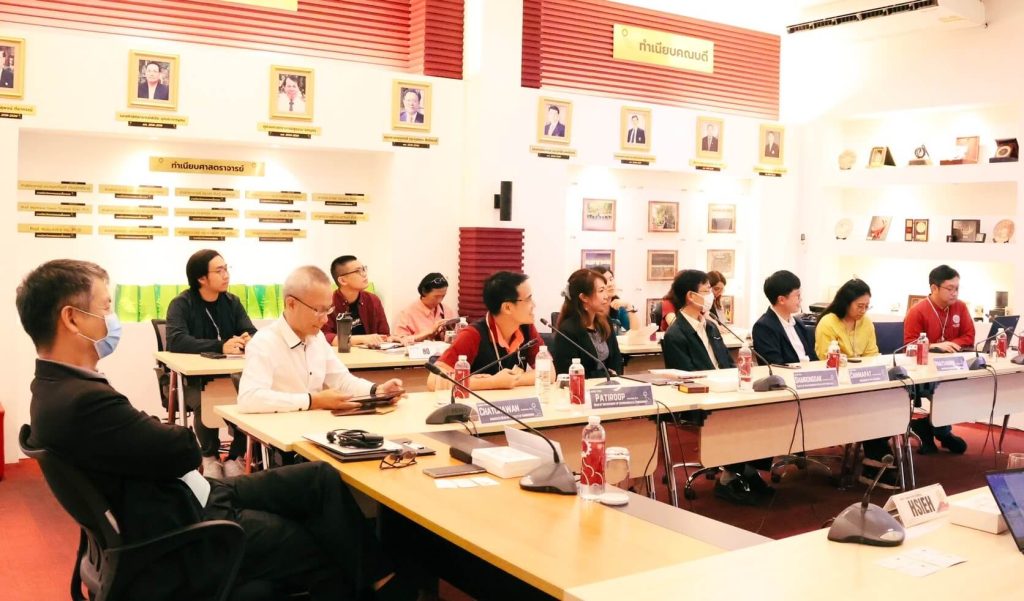
This collaboration extends to the Department of Civil Engineering at National Taiwan University through joint research with the Director of the City Research and Development Center, Faculty of Engineering, Chiang Mai University. Recently, these efforts culminated in the organization of the ‘City R&D Mini-Symposium 2024,’ which was convened on January 9, 2024.
This initiative has prompted the proposal for the establishment of a Frontier Research Group in Urban Intelligence, comprising a multidisciplinary team of experts. The primary objectives of this group are to develop cutting-edge knowledge that is contextually appropriate, disseminate this knowledge to society, and advance graduate education through the creation of curricula and academic programs aimed at producing highly skilled graduates. Additionally, the group will work towards strengthening both national and international research networks, with the long-term goal of extending its expertise to provide academic services to the private sector and local communities.
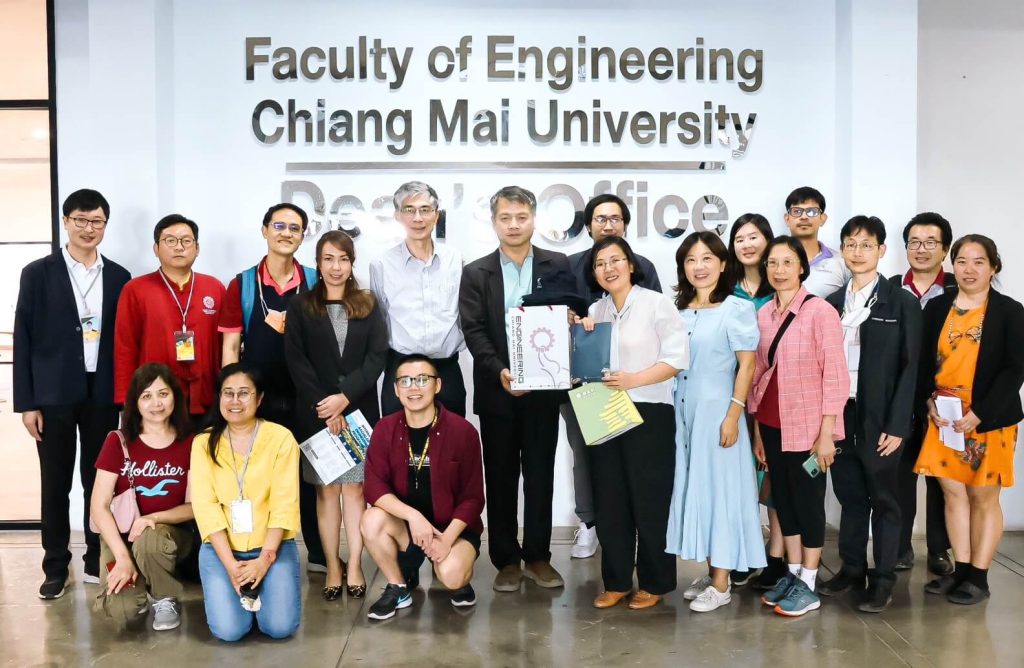
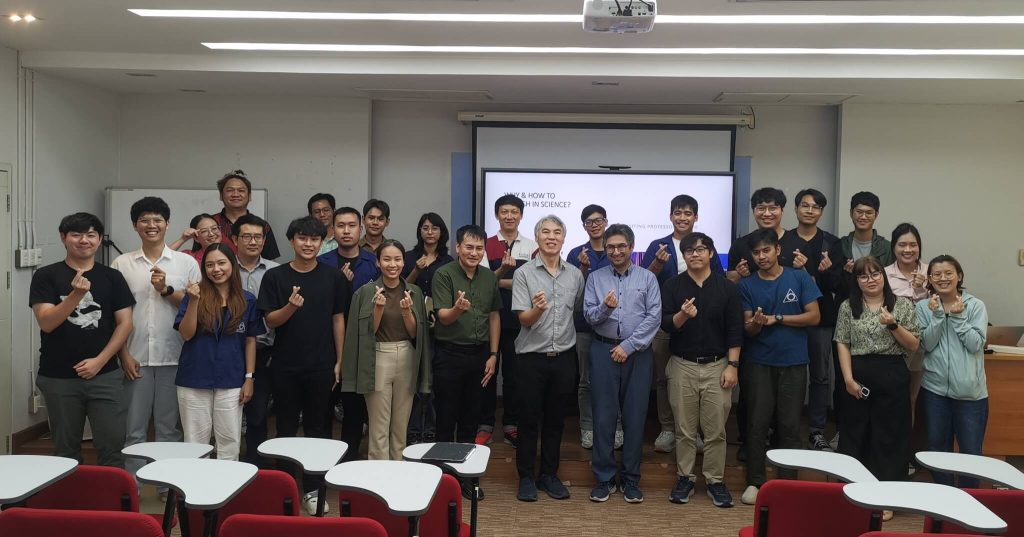
To become a distinguished and leading research entity in the domain of Smart City studies, committed to advancing research, fostering the development of pioneering knowledge and innovations, and serving as a central academic hub for comprehensive Smart City management. The objective is to achieve and maintain excellence on both national and international stages through rigorous research and scholarly engagement.
The Frontier Research in Urban Intelligence, Faculty of Engineering, Chiang Mai University is committed to advancing scholarly work across three core research domains: 1) Urban Resilience, 2) Urban Informatics, 3) Urban Management. In alignment with its overarching vision, the group is guided by the following four key objectives:
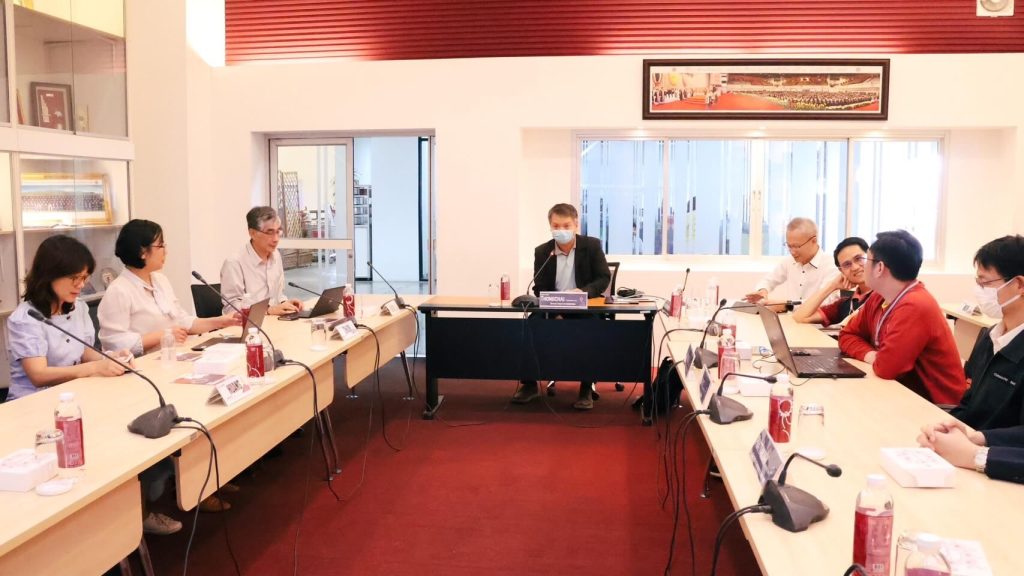
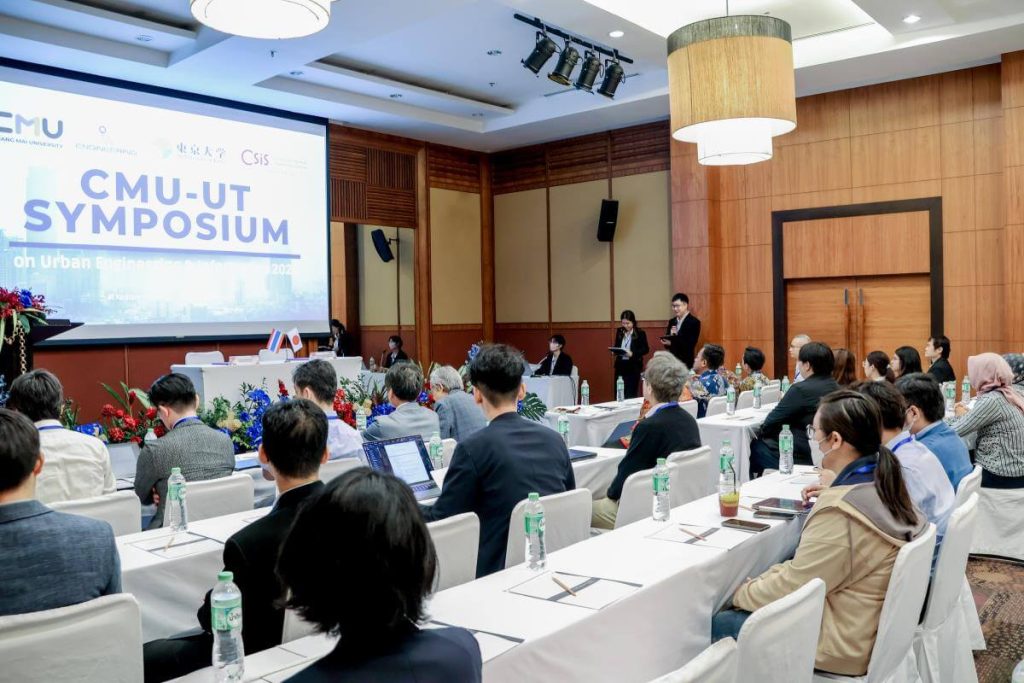
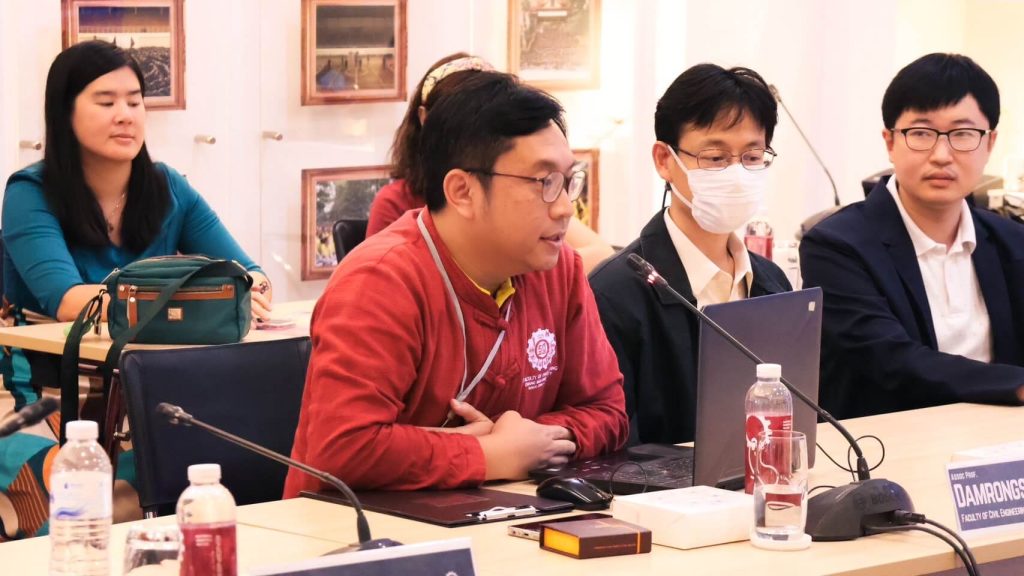

The Frontier Research Group in Smart Cities at Chiang Mai University employs the following six strategies to achieve its mission in alignment with its vision: